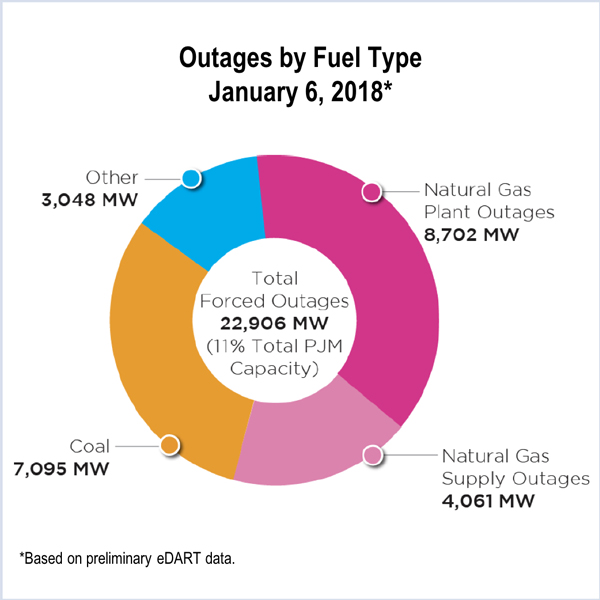By Peter Key
New Jersey Democrats last week introduced a reworked version of a nuclear bail-out bill that didn’t come to a vote in the state legislature’s recent lame-duck session.
The bill, submitted Thursday by New Jersey Senate President Steve Sweeney and Sen. Bob Smith, is supported by Public Service Enterprise Group, the operator and majority owner of the Salem and Hope Creek nuclear generating stations.
The senators introduced the bill a day after the Associated Press reported that it had obtained records showing that PSEG lobbyists worked with the administration of former Gov. Chris Christie (R) to strengthen language in the earlier version of the bill meant to keep the company’s financial information confidential. That version, which would have provided upward of $300 million annually to nuclear operators, failed when Speaker of the General Assembly Vincent Prieto declined to post it for a vote earlier this month. (See NJ Lawmakers Pass on Nuke Bailout in Lame Duck Session.)
PSEG said the language was standard and intended to protect proprietary information, but the revelation intensified criticism that the company’s nuclear plants don’t need subsidies to continue operating. PSEG has said the plants will become unprofitable within two years and that it will have to close them, putting thousands out of work and eliminating a zero-emission source of energy that produces 40% of New Jersey’s power.
Sweeney said the new legislation requires PSEG to show the need for the subsidy, which could cost each New Jersey electric ratepayer $41 per year. To address concerns by Gov. Phil Murphy that the previous version didn’t boost the use of renewable energy, the bill also includes provisions for energy-efficiency standards and solar energy credits, and would give neighborhoods a new way to invest in solar projects. The bill would also create a financial assistance program for offshore wind projects.
A controversial provision of the bill would prevent New Jersey’s Division of Rate Counsel from taking part in proceedings to determine whether the subsidy for the plants is necessary. Smith said the division is only allowed to participate in proceedings involving regulated companies, and the subsidiary of PSEG that operates the nuclear plants isn’t regulated by the state. Stefanie Brand, who directs the division, said it would have to be involved in proceedings involving the plants, or they would be “a sham.”
The earlier version of the bill was expected to be voted on in committee Thursday, but Sweeney moved back the vote to Feb. 5 to give interested parties more time to review the measure.
The Assembly has not taken any action on the bill.
Murphy Signs Order to Start Bringing State Back into RGGI
Murphy on Monday signed an executive order directing the heads of the Department of Environmental Protection and Board of Public Utilities to begin negotiations with states in the Regional Greenhouse Gas Initiative to determine the best way for New Jersey to rejoin it.
Christie had taken the state out of the regional cap-and-trade program, which caps the amount of carbon dioxide emissions for each state and requires power plants in each state to buy allowances, either through auctions or on the secondary market, for the carbon dioxide they emit.
Participating states use revenue from the auctions for energy efficiency and renewable projects. An analysis by Acadia Center found that New Jersey had foregone $232 million in RGGI auction revenue since Christie pulled it out of the initiative in 2011.





